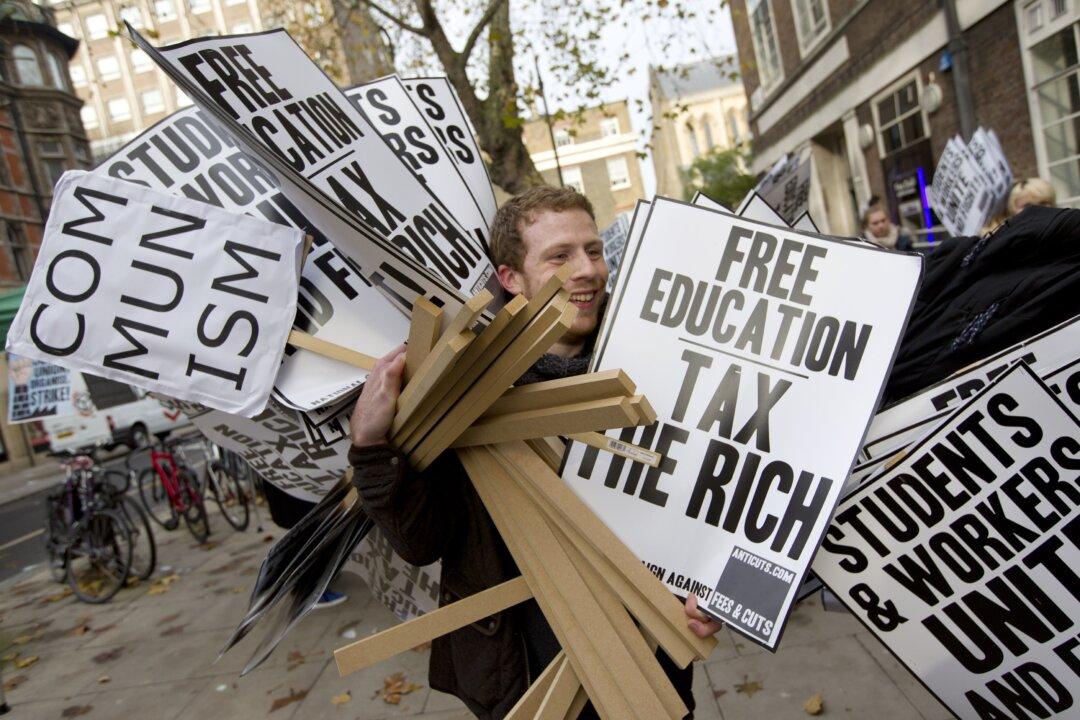Commentary
Speaking in Chicago last week, President Joe Biden made one of the early speeches of his 2024 reelection campaign. Mindful that the state of the economy is a primary concern of American voters in every presidential election, Mr. Biden trumpeted the alleged successes of his policies. In his words, “Bidenomics, we’re turning this around. We’re supporting targeted investments. We’re strengthening America’s economic security, our national security, energy security, and our climate security.”





